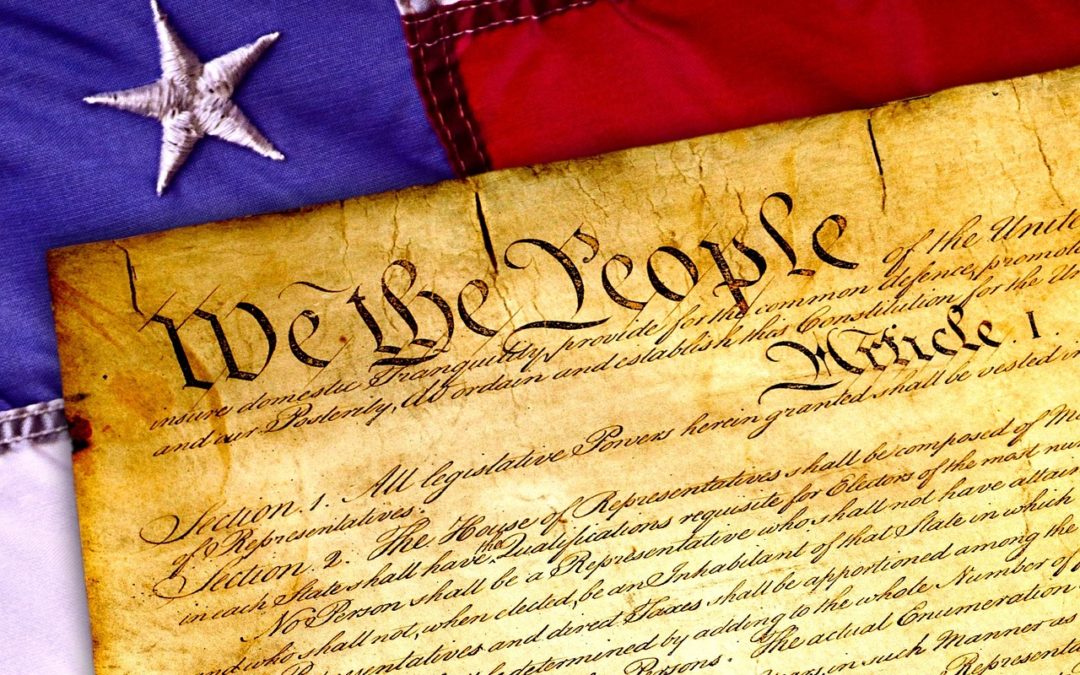The media gives a lot of attention to the First and Second Amendments, so the goal of this series is to provide a refresher on the remaining amendments of the U.S. Constitution. To make it manageable, I’m focusing on the first 10 amendments, also known as the Bill of Rights, and tying the conversation to the governance of community associations.
Last time I wrote about the Ninth Amendment—Other Rights Kept by the People. The enumeration of certain rights shall not be construed to deny or disparage others retained by the people.
Now let’s look at the Eighth Amendment—Excessive bail shall not be required, nor excessive fines imposed, nor cruel and unusual punishments inflicted.
This amendment focuses on the punishment of crimes. Most of the discussion around this amendment centers on the last clause: “nor cruel and unusual punishments inflicted.” But I’m not going there.
The first clause on excessive bail focuses on bail being used only as a guaranty for a defendant to show at a trial and not as a punishment. It is important that we explore the first word of the clause: excessive. The Supreme Court defined “excessive” as having to be reasonably calculated and used considering the perceived evil.
Note that the second clause about fines imposed also hits on “excessive.” Here, the Court is requiring due process prior to being penalized with high fines. In other words, you can be fined a lot (and in some opinions, an excessive amount) but not without due process. There is a lot in the Supreme Court’s definition of excessive that ties the conversation to community associations, and we see this in state laws under the section governing the powers of the board of directors. In the uniform laws, the provision is: “The association … may impose charges for late payment of assessments and, after notice and an opportunity to be heard, may impose reasonable fines for violations of the declaration, bylaws, and rules of the association.”
It is clear that homeowners should be given the right to be heard regarding fines for violating the governing documents of an association. It is also clear that the fines need to be reasonable. At this point, “reasonable” relates back to “excessive” in the bail clause of the Eighth Amendment and how it needs to be reasonably calculated and used considering the perceived evil.
Most state laws have requirements for community associations to provide due process for imposing fines. However, there is room for associations to act unreasonably when it comes to the amount. Associations should develop a fine schedule that encourages compliance with the governing documents and does not impose a harsh, punitive penalty on homeowners. Additionally, associations should impose these reasonable fines unilaterally and without bias. Communities also should give homeowners the opportunity to be heard. When necessary, board members should work with homeowners on payment plan options. That way they can respect any financial hardships without showing preferential treatment.



